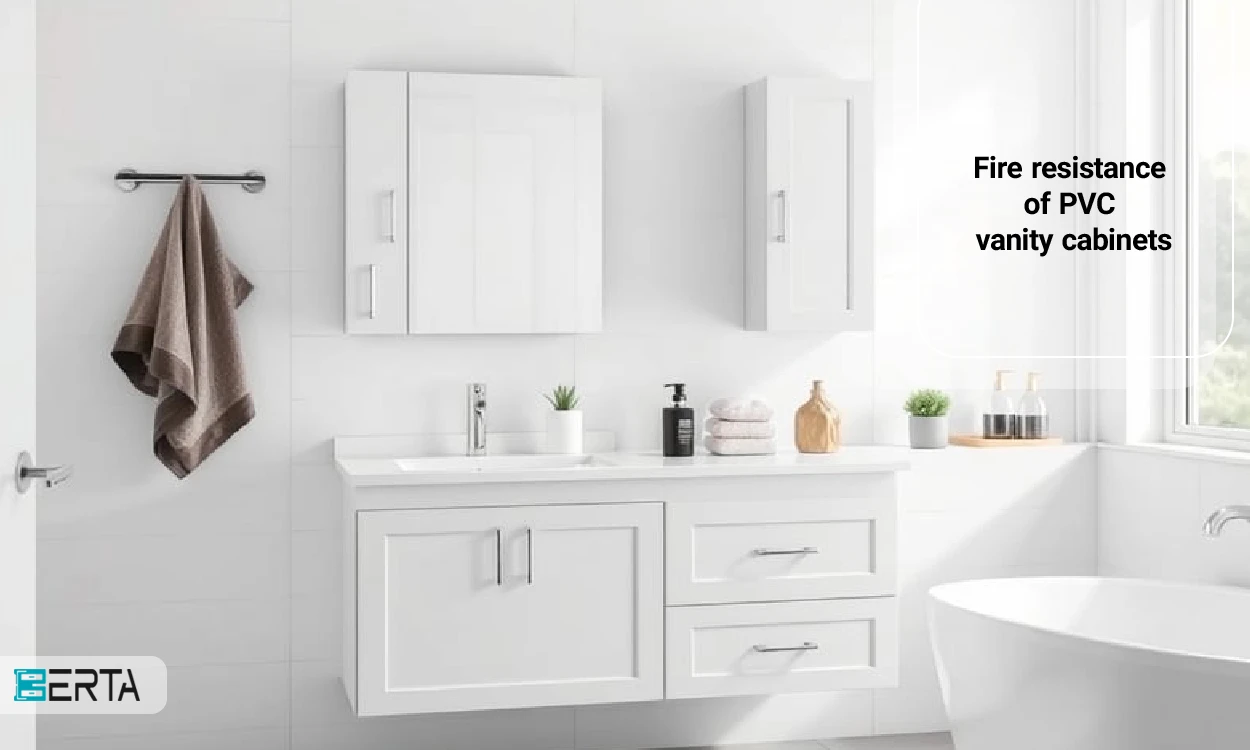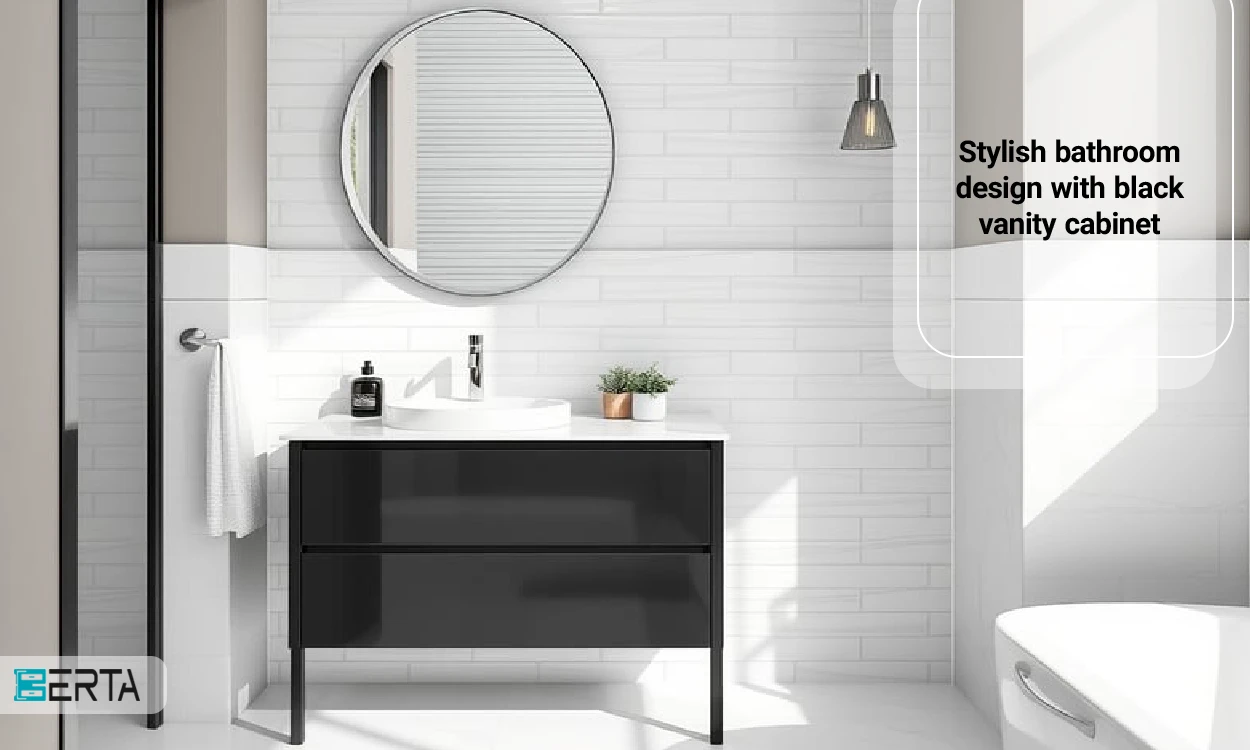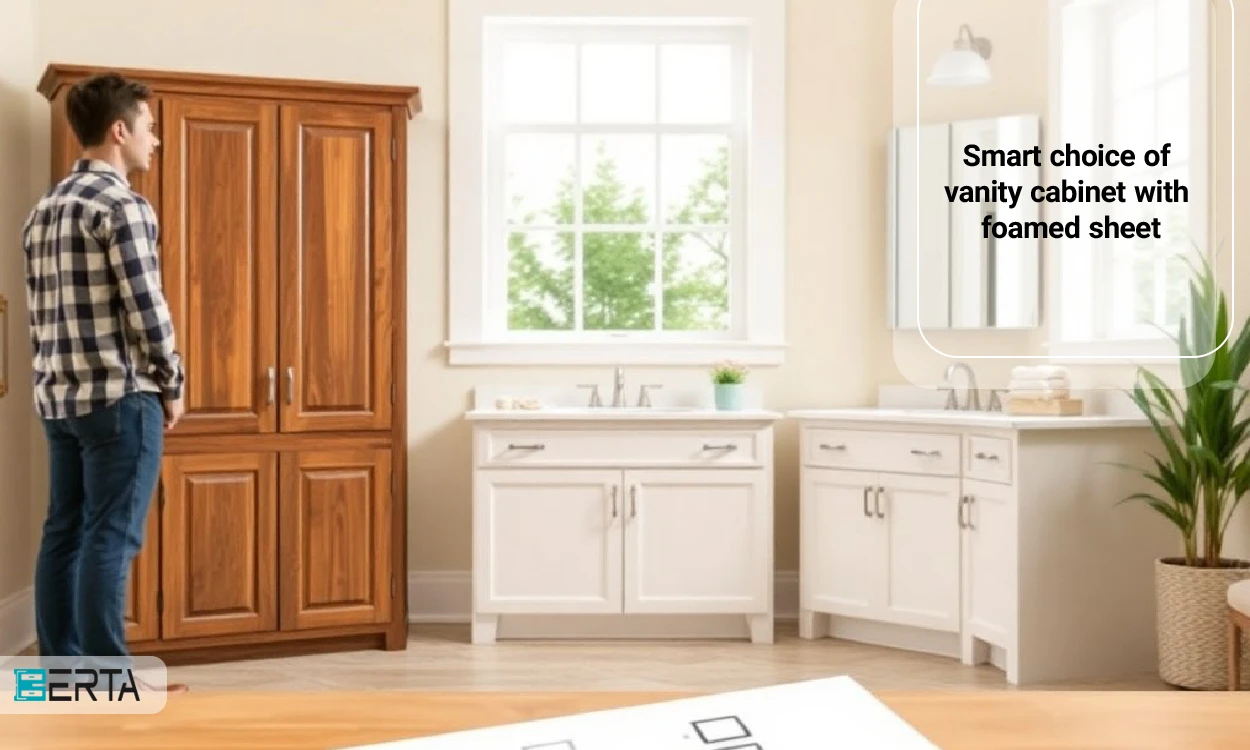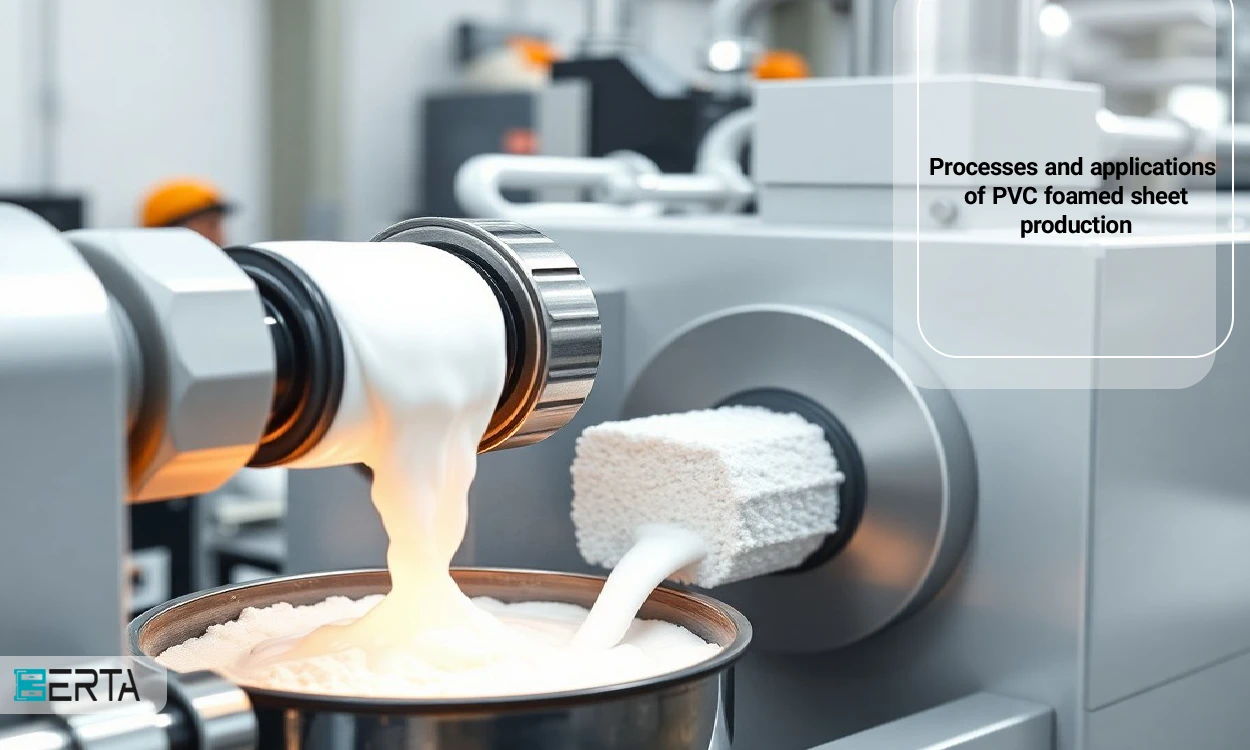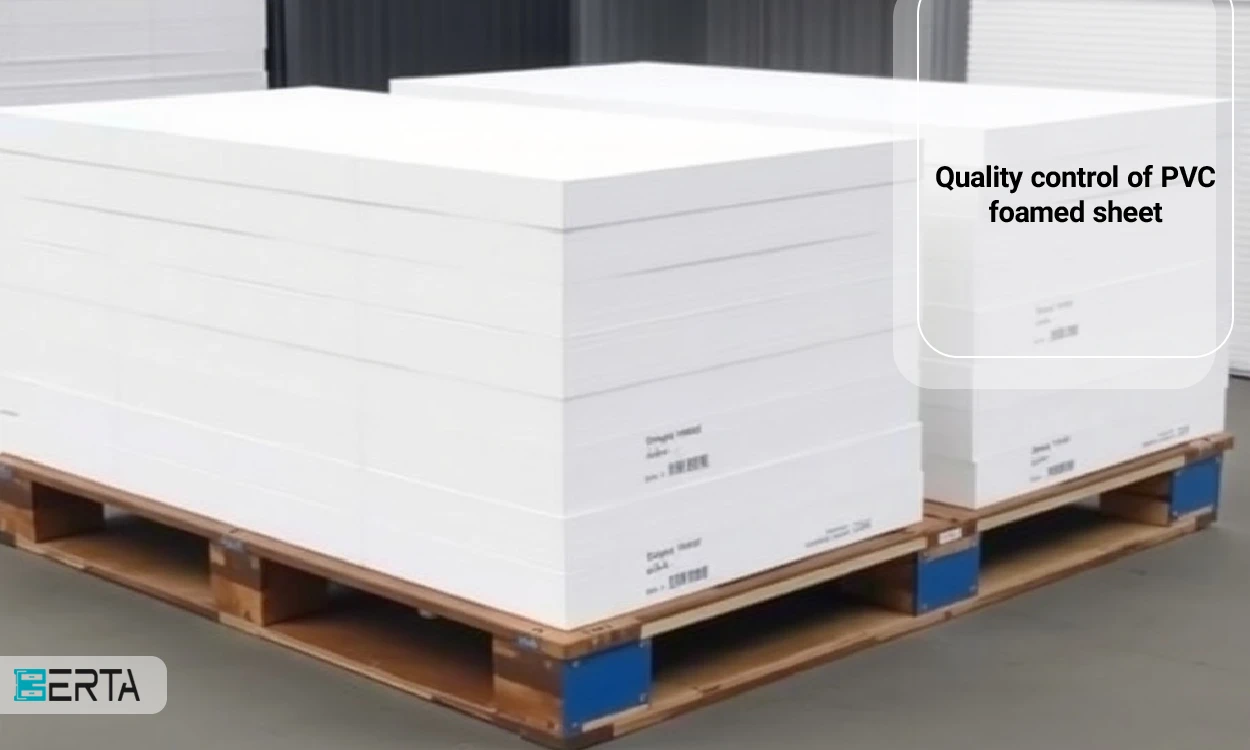Vanity cabinets help to beautify the bathroom and store sanitary items. Over time, these vanity cabinets may need repairs such as the replacement of fittings and drooping doors. In this article, we discuss the tips and steps for repairing the vanity and the solutions to solve its problems to maintain its useful life and beauty.
Common problems in the vanity cabinet
1- Stains and rust: One of the common problems you may see in your vanity cabinet is stains and rust. This problem is especially common in wet environments such as bathrooms and toilets.
2- Breakage: One of the main reasons for breakage in the vanity cabinet is improper use and physical shocks. For example, violently opening and closing doors or placing heavy items on the vanity can cause breakage.
3- Door and drawer falling: Door and drawer falling usually happens due to frequent use and heavy pressure on the hinge and drawer rail. Also, water leakage can cause swelling and deformation of the wood, which also leads to the drooping of doors and drawers.
4- Unpleasant smell: Vanity cabinets are more prone to this problem due to constant contact with water. In addition, water leaks from pipes can also cause moisture accumulation and unpleasant odors.
3512.webp)
Effective solutions to solve vanity cabinet problems
Stains and rust
- Using cleaning materials containing citric acid or white vinegar can remove stains and rust well.
- Regular drying of the vanity cabinet prevents the accumulation of water, stains, and rust.
- You can use anti-rust materials to prevent metal parts from rusting.
Fracture and cracking
- You can use wood glue or special resins to fill cracks and fractures. After the glue or resin dries, smooth the surface with sandpaper and, if necessary, apply a suitable paint or varnish for the final coating.
31245.webp)
Falling doors and drawers
- Check the hinges and rails of the drawers. If the hinges are loose, you can tighten them using a screwdriver. If the hinges or rails are damaged, it is better to replace them.
- If the drooping of the doors and drawers has occurred due to swelling and deformation of the wood, you may need to replace the damaged wooden parts. In this case, it is better to use wood that is resistant to moisture and water to avoid repeating this problem.
Malodor
- First, identify the source of the smell. If the unpleasant smell is caused by moisture accumulation and mold growth, you should completely clean and dry the vanity cabinet. Use disinfectant solutions to kill mold and mildew and be sure to thoroughly clean all affected areas.
- You can use activated charcoal in the vanity cabinets to absorb excess moisture and prevent unpleasant odors.
Necessary tools to repair the vanity cabinet
Repairing the vanity cabinet requires the use of various tools, each of which is designed to perform specific tasks.
- French Wrench: For opening and closing bolts and nuts of different sizes.
- Pipe Wrench: For holding and turning pipes and fittings.
- Two-way and four-way screwdriver: to open and close various screws in the vanity cabinet.
- Manual spring: to open blocked pipes and remove minor clogs.
- Manual cutting: for cutting and adjusting various parts such as pipes, sealing strips, etc.
- Rechargeable or electric drill: for drilling and installing different parts in the vanity cabinet.
- Various nuts: to connect and secure different parts of the vanity cabinet.
- Anti-rust nuts: for use in wet environments and to prevent rust.
- Safety gloves: to protect hands from cuts and scratches.
Conclusion
In this vanity cabinet repair guide, we've covered all the important aspects. From identifying common problems to providing the right tools. Now you are ready for any vanity cabinet repair. Don't wait for small problems to become big problems. Get started now and repair your vanity cabinet to enjoy a beautiful and functional bathroom. Be sure to check out our articles and other resources for home improvement tips and tricks. Join us and enjoy new experiences.




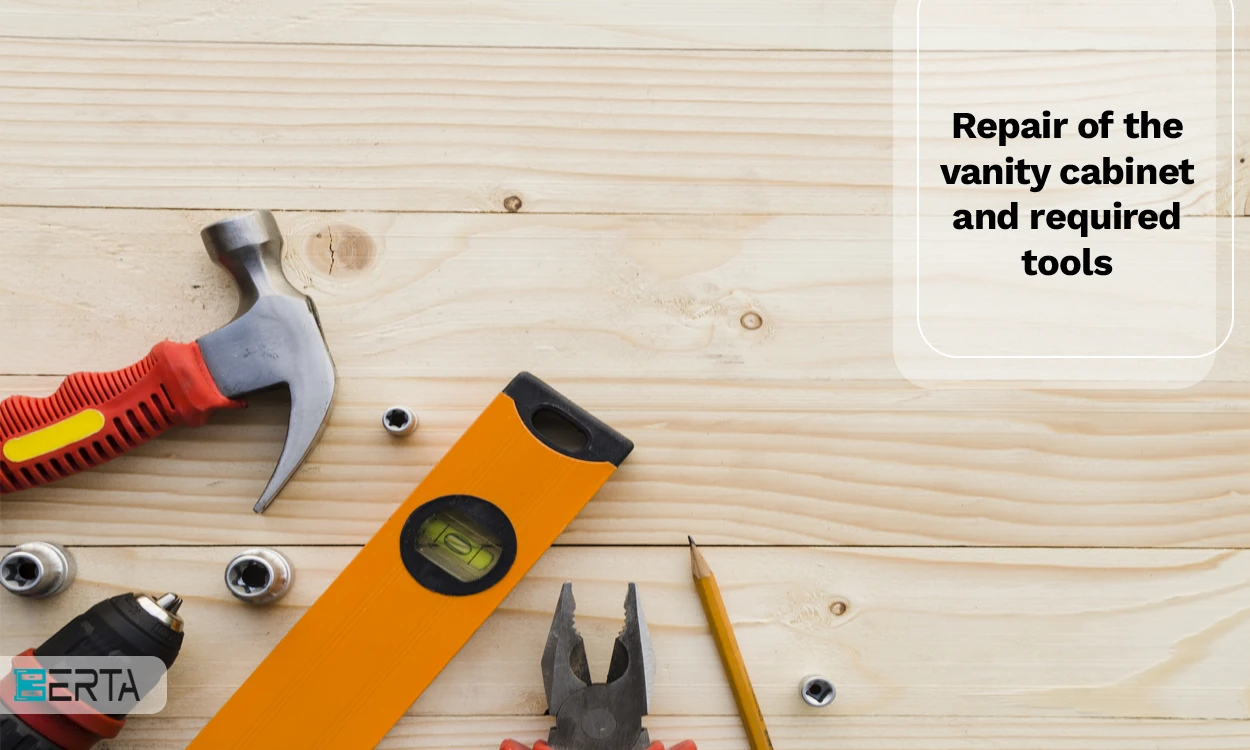
17938.jpg)
 Whatsapp
Whatsapp  Telegram
Telegram 
